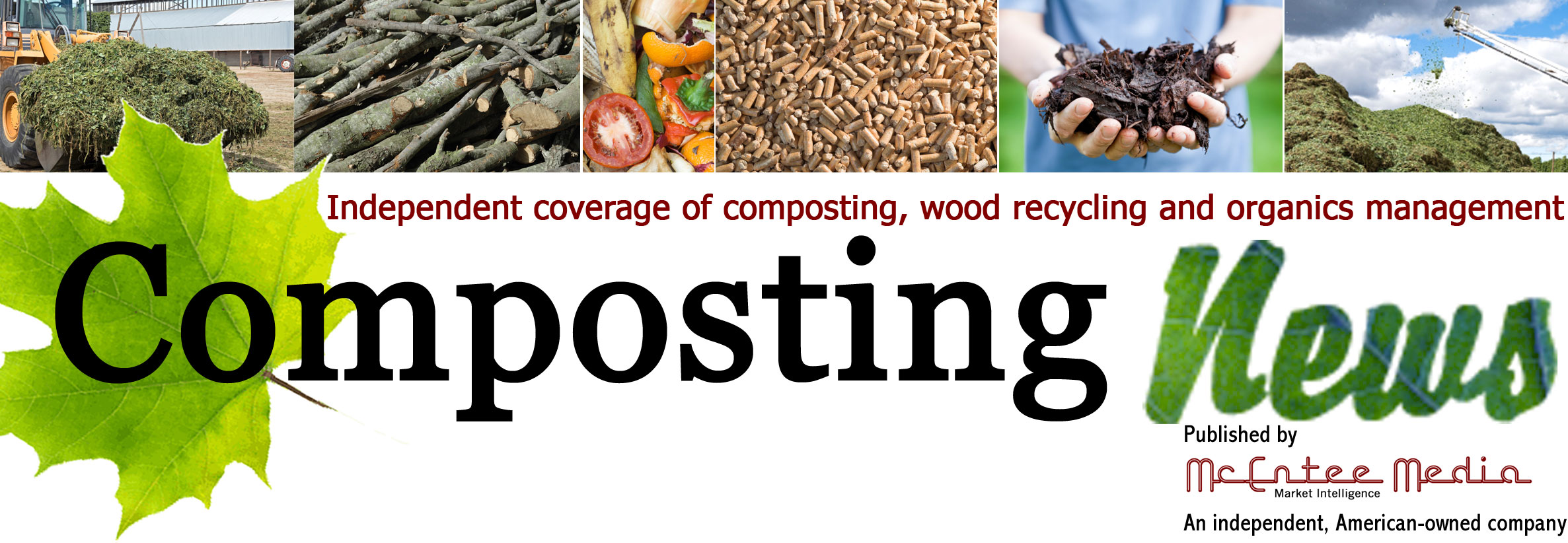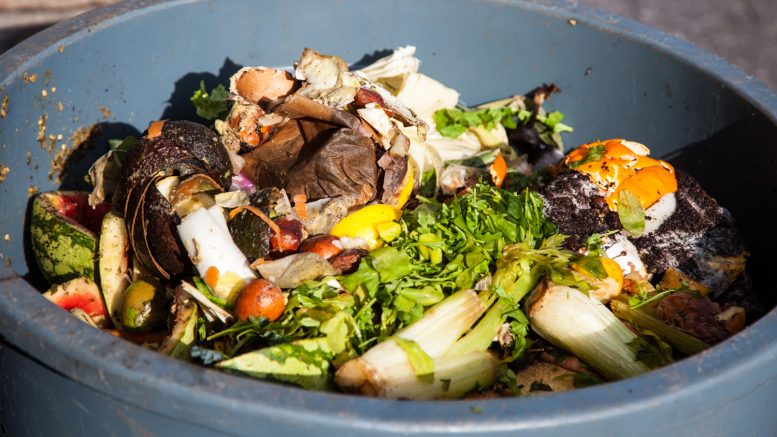Lehman College, a part of the City University of New York (CUNY), has received $340,000 in capital finding for the creation of the Lehman College Composting Education Center.
The funding will allow Lehman College to create three 15- x 30-foot windrows that will allow it to more efficiently compost the more than 60 tons of garden and food scrap waste it produces each year, as well as the tools to manage the operation – a front loader and a sifter.
Each bay will contain composting materials at different phases in the process. Once the project is complete, Lehman will likely be able to increase the 1.3 tons of compost it produces annually. But more compost is not the only benefit to the improved infrastructure.
“It means more efficiency labor-hours wise, but it also makes more sense to a visitor to see different materials and how they transform,” said Jodie Colón, manager of the NYC Compost Project. “It really gives Lehman the opportunity to host workshops and events — hosting school groups and community groups and educating them on the composting process.”
What prevented Lehman from advancing its composting capabilities was its limited equipment and infrastructure, said Rene Rotolo, vice president of administration and finance.
“Our compost operation has expanded to the point where we can no longer operate in the manner that we did years ago,” Rotolo said.
Lehman College was one of the first schools in the CUNY system to address food waste through innovative solutions, said college President Daniel Lemons.
“This funding is essential to our expansion of Lehman College’s sustainability efforts,” Lemons said. “It will allow us to convert our current composting infrastructure and augment our collaboration with the New York City Compost Project and the New York Botanical Garden in adding to the instruction for our students and the community on the best ways to utilize garden and food compost.”
The funding was announced by Lemons and State Sen. Alessandra Biaggi (D). A press release from Biaggi did not specify the source of the $340,000 allocation. Biaggi’s press office didn’t immediately respond to a phone call to clarify.
“For more than two decades, Lehman College has served as a leader in reducing our borough’s carbon footprint by composting up to 60 tons of waste annually to nourish campus grounds and Bronx community gardens,” Biaggi said. “Creating a centralized program for compost education with the proper infrastructure is an important step to further engage our students and community members in sustainable living.”
Lehman College has been composting the gardening waste on the school’s 37-acre Bronx campus since 1996. In 2009, the college began a food scrap collection program after a CUNY Sustainability Project intern, Edward Hernandez, worked with the college to do so. That same year, Lehman began its partnership with the NYC Compost Project at the New York Botanical Garden and the program has grown. Several years ago, Lehman added food preparation scraps from its cafeteria to the program, diverting daily an additional 50 pounds of compostable material from the municipal food waste stream. Today, Lehman produces annually more than 51 tons of gardening waste, nine tons of food scraps and it collects more than 1 ton of food scraps from the public.
It’s Pumpkin Smash event alone, which it hosts annually after Halloween, produces another three-plus tons of food waste—all composted. This all translates to an accumulative 1.3 tons of compost annually that the college gives away twice a year to community gardens and individuals.
But it also uses what it produces when it comes to compost. Lehman’s homegrown compost can be found on the campus itself – in its pepper patch, in the Biology Department’s medicinal garden and in plants and herbs grown by Cooking Club.
Buildings and grounds crews fill in low spots collecting water with compost and they use it to feed nutrients to campus trees. Twice a year Lehman gives away its compost to community gardens and individuals. Lehman’s compost received Cornell University’s Cooperative Extension’s seal of approval when it was found to test in the highest-quality category, suitable for use in growing food for human consumption.
“We want to make the leaves disappear and we want to make the food scraps disappear,” said Ilona Linins, director of Lehman’s Office of Environmental Health and Safety, who leads Lehman’s composting program. “It’s ethically important to do so. We have the landfills filling up and this is one way of diverting a pretty significant waste stream.”
Follow us on social media:

Be the first to comment on "Bronx college gets $340,000 for Compost Education Center"